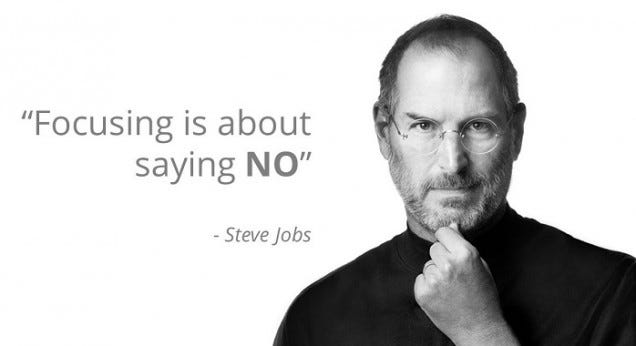
Why Saying 'No' More Often Has Made Me Happier Than Ever!
Josh Shear – For most of my life, I struggled with the idea of Saying no more often Whether it was agreeing to extra work, attending social events I had no interest in, or taking on responsibilities that weren’t mine, I constantly found myself overwhelmed. Like many people, I feared that rejecting requests would make me seem rude, unhelpful, or ungrateful. However, as time passed, I realized that constantly saying “yes” was draining my energy, affecting my mental health, and leaving me with little time for what truly mattered.
Everything changed when I started using the power of “no.” It wasn’t easy at first, but as I became more comfortable setting boundaries, I noticed a dramatic shift in my overall happiness and well-being. Learning to say “no” more often gave me control over my time, improved my relationships, and reduced unnecessary stress. In this article, I’ll share how making this simple change transformed my life and why it might do the same for you.
Many people find it difficult to say “no” because of social pressure and internalized guilt. We are often taught that being agreeable and helpful is a virtue. While generosity and kindness are important, constantly putting others’ needs before our own can lead to burnout.
Psychologists suggest that the inability to say “no” stems from a deep-rooted fear of rejection or conflict. We worry that turning down an invitation or declining a request might make others think less of us. However, the truth is that setting boundaries is a sign of self-respect, not selfishness.
Read More :Breaking: Snoop Dogg 2025 Tour Dates Leak Here’s What We Know!
Once I began saying “no” more often, I discovered several unexpected benefits that significantly improved my quality of life.
One of the first changes I noticed was the ability to reclaim my time. Previously, I spent hours on obligations that did not align with my priorities. By declining unnecessary commitments, I finally had the freedom to focus on personal goals, hobbies, and self-care.
For example, instead of spending weekends attending events I felt obligated to go to, I used that time to read, exercise, and reconnect with myself. The result? I felt more energized and fulfilled than ever before.
Before embracing the power of “no,” I constantly felt drained. Social commitments, work demands, and extra responsibilities left me exhausted. However, once I learned to decline requests that didn’t serve me, my stress levels dropped significantly.
Saying “no” helped me avoid unnecessary pressure and gave me the space to focus on activities that truly brought me joy. This shift improved my mood, reduced anxiety, and allowed me to approach life with a more positive mindset.
At first, I worried that saying “no” would damage my relationships. I assumed people would feel offended or think I didn’t care about them. Surprisingly, the opposite happened.
When I stopped overcommitting, I could genuinely invest time and energy in the relationships that mattered most. Instead of spreading myself too thin, I became more present in conversations, more engaged in social interactions, and more intentional with my time. True friends and loved ones understood and respected my boundaries, strengthening our connections.
If you struggle with setting boundaries, here are some effective ways to say “no” while maintaining good relationships and self-respect.
Instead of making excuses, be honest about your decision. A simple response like, “I appreciate the offer, but I can’t commit to that right now,” is both respectful and firm.
If you want to decline without shutting the door completely, suggest an alternative. For instance, if you can’t attend an event, you might say, “I won’t be able to make it, but let’s catch up another time!”
Before saying “yes,” ask yourself: Does this align with my priorities? Do I genuinely want to do this? If the answer is no, give yourself permission to decline.
Not everyone will like your decision to set boundaries, and that’s okay. People who truly respect you will understand your need to prioritize your well-being.
Saying “no” more often has allowed me to build a life that feels authentic and fulfilling. I no longer feel pressured to meet unrealistic expectations or spread myself too thin. Instead, I focus on meaningful experiences, maintain a healthier work-life balance, and surround myself with people who respect my time and energy.
While learning to say “no” can be challenging, the benefits far outweigh the discomfort. If you often find yourself feeling overwhelmed or overcommitted, consider taking a step back and evaluating where your energy is going. Setting boundaries isn’t about rejecting people—it’s about prioritizing your happiness and mental health.
By making “no” a regular part of my vocabulary, I have discovered a deeper sense of peace, freedom, and joy. And the best part? The people who truly matter in my life understand and appreciate my boundaries, making every “yes” I give even more meaningful.
This website uses cookies.